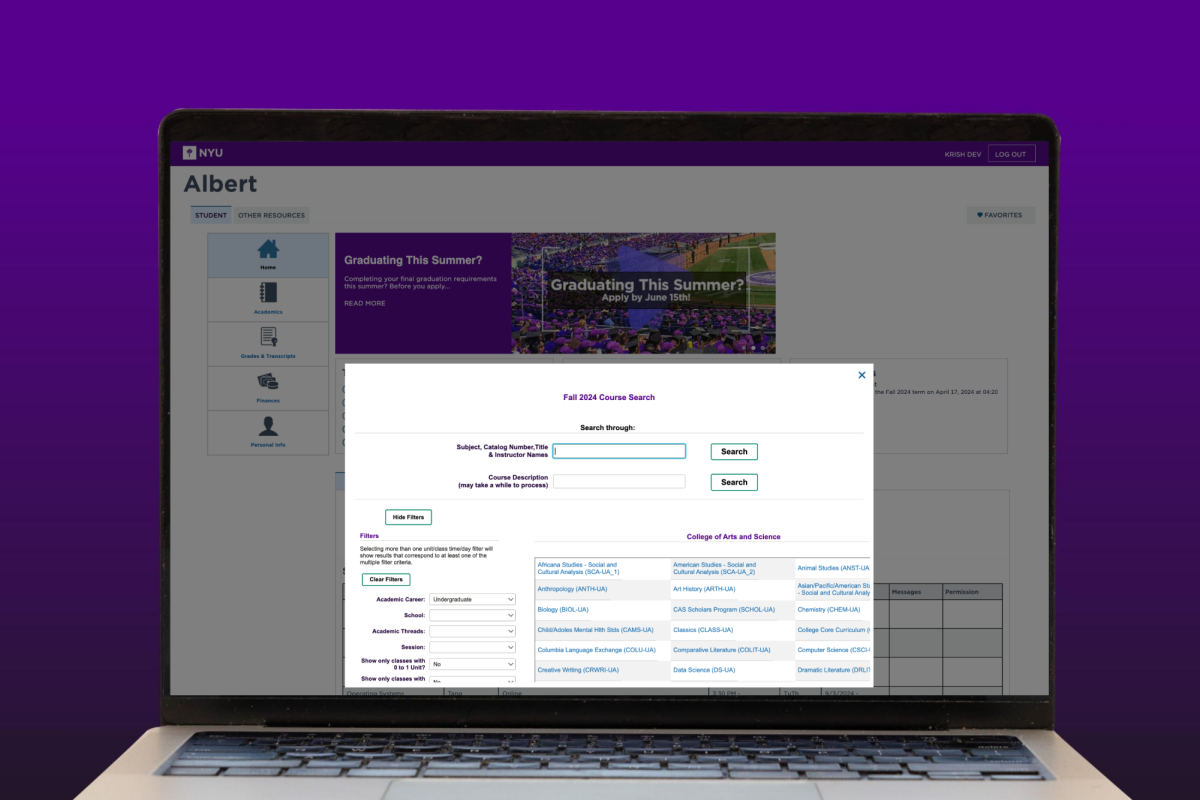Right to online privacy should be claimed
September 24, 2014
Every week, students fall victim to new online privacy violations. The New York Police Department is spying on Muslim student groups up and down the East Coast, Facebook is using us as lab rats by conducting psychological experiments and employers regularly Google the names of prospective hires to find their social media accounts. In the wake of the Snowden revelations and with the knowledge that comments made on a public Facebook page are likely to never be deleted, we could be forgiven for thinking the entire Internet is a public forum and we have no right to privacy.
But, in our offline lives, we regularly exercise this right to privacy. We close the bathroom door and we have conversations with our best friends and loved ones that are just between us. If you visit a brick-and-mortar bookstore, browse some shelves and then pay for a book in cash, very little is logged. Without closed-circuit cameras or a cashier following you around the store, it is also fairly anonymous.
Private companies, however, do not believe we deserve the same rights online. Email providers, such as Gmail, crawl through our online conversations to serve us targeted ads; sites harvest our data and sell it to the highest bidder, and online retailers show different prices depending on how wealthy they think we are, based on where we live. Chains like Target will try to predict important events like pregnancies based on your buying habits, marketing maternity products to you before you even realize that you need them. Log on to Amazon and they know exactly when you arrived, what you searched for and which pages of which books you read. Because you are required to have an account if you want to make a purchase, they know your credit card, purchase history and roughly where you are in the world.
That is not how it has to be. Since technology has progressed to the stage where our every digital step is tracked and logged by those looking to target us with ads, it is worth examining our browsing habits and evaluating what information we are giving away. Anyone who wants to protect their right to online privacy and avoid unfair price discrimination should look into anonymous web browsing.
Online privacy can be protected with the right technology, such as lookup tools that allow you to chat anonymously. It is also easier to browse the Internet anonymously than you would think, and anonymous browsers can help. The Internet has changed how we learn, buy things, talk to our families and even find romance. Using it should not come at the price of our fundamental rights and freedoms.
A version of this article appeared in the Wednesday, Sept. 24 print issue. Email Tommy Collison at [email protected].














































































































































html5 games tutorial • Oct 20, 2014 at 11:07 am
I enjoy what you guys are up too. This kind of clever work and coverage!
Keep up the wonderful works guys I’ve added you guys
to my own blogroll.